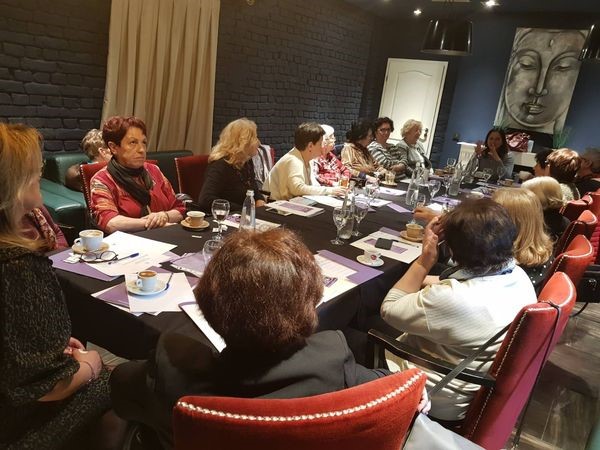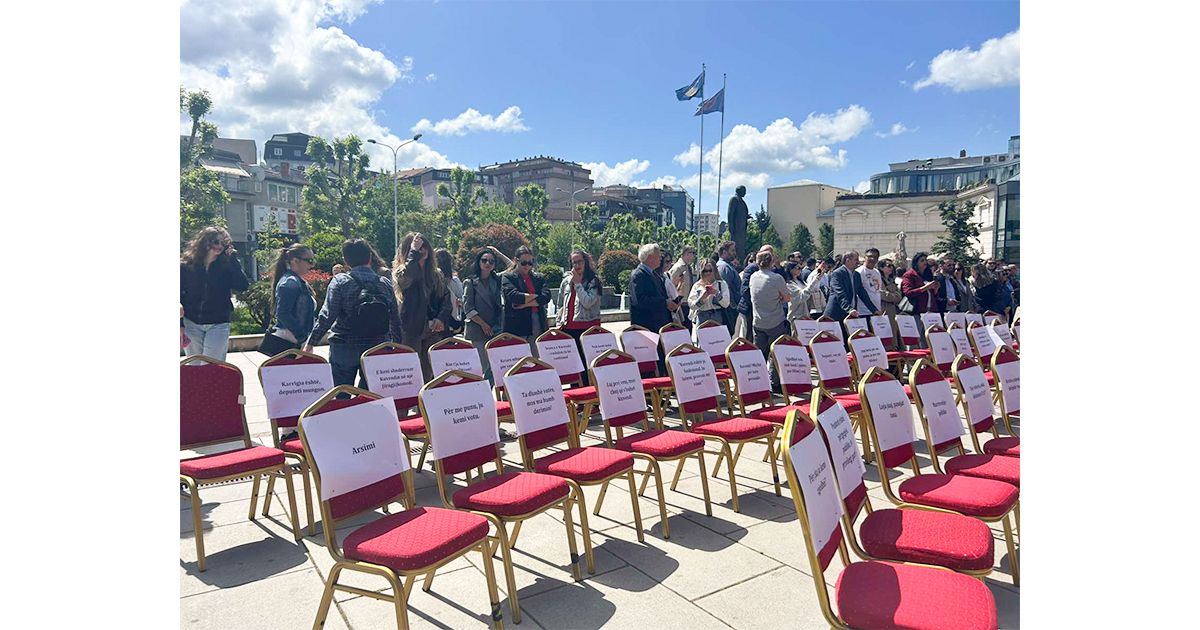On April 20, the member organization of the Kosovo Women’s Network (KWN), Lawyers Association Norma, held a workshop with members of the Municipal Organization of Pensioners and Disabled Workers.
A total of 19 women were widely informed about their rights under the law and opportunities to protect them, as well as to combat and prevent gender-based violence.
Lecturer Ariana Qosaj-Mustafa, lawyer, informed the participants about the local and international legal framework.
She shared some of the most important articles of the Law on Protection from Domestic Violence, with special emphasis on protection orders as well as on institutions where the victim should seek help in case of experiencing violence.
This activity is realized thanks to the organizational support received from the 16th round of the Kosovo Women’s Fund (KWF), the Kosovo Women’s Network (KWN), with financial support from the Sigrid Rausing Trust.



